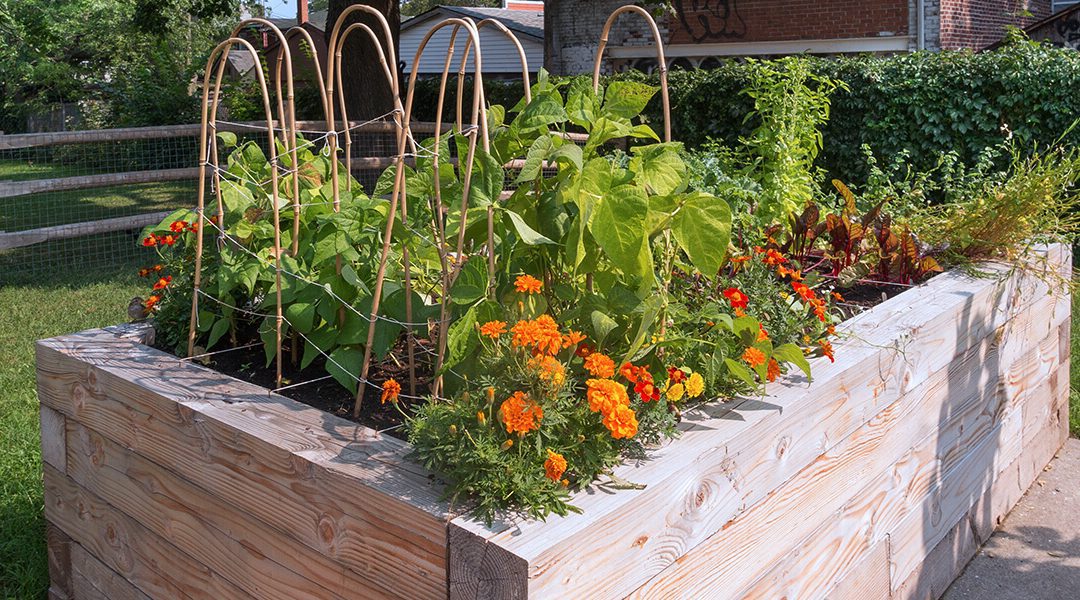Vegetable gardening is one of the most pleasurable and rewarding hobbies you can do. It’s hard to find a reason not to do it. But as a beginner, it helps to know a few hacks—both to avoid unnecessary work and to improve your chances of success. These tips will boost your garden’s resiliency, nourish your soil, save you time weeding, and enjoy your vegetables when they’re ready to harvest!
Mixing flowers into your vegetable garden encourages beneficial insects to make a home there.
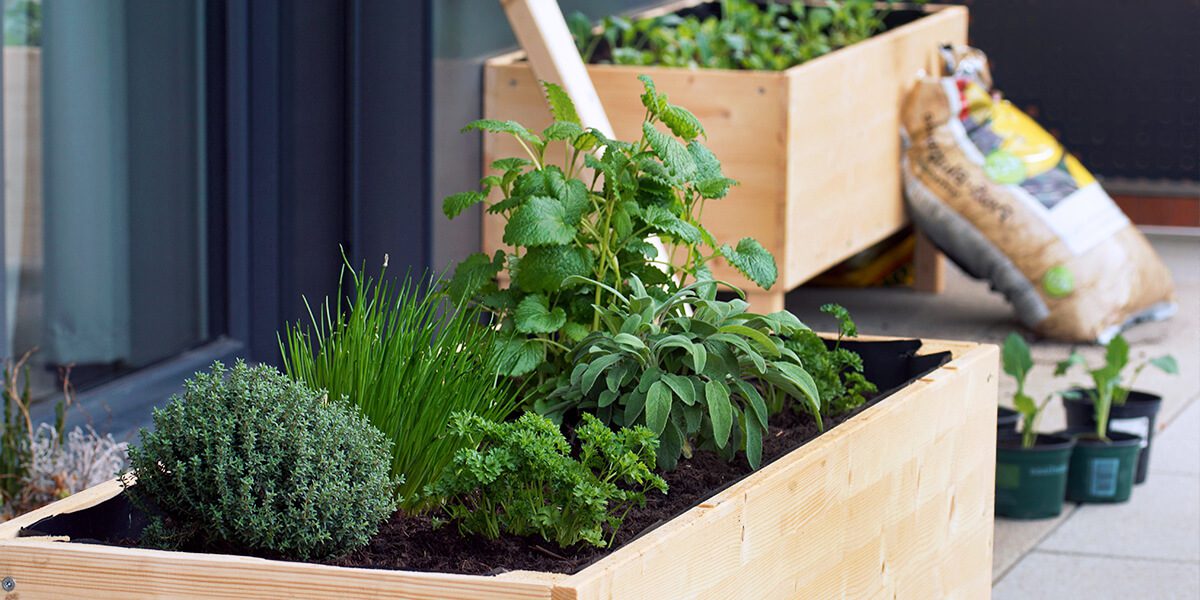
Avoid Monoculture: Mix Up Your Vegetables
As a beginner vegetable gardener, it’s tempting to sow your seeds in a very organized way—say, all your carrots together in one bed and all of your spinach in another bed, etc. But when you group all of the same veggies together, they become a beacon for pests that like to eat that plant. If you get an infestation, it can easily spread. Before you know it, your entire crop of turnips is wiped out.
Rather than gardening in monocultures, sow a variety of vegetables into each bed—for example, a row of carrots beside a row of beets, then some spinach, and another row of carrots. This simple gardening hack gives your vegetables greater resilience against pests and boosts your chances of a successful harvest.
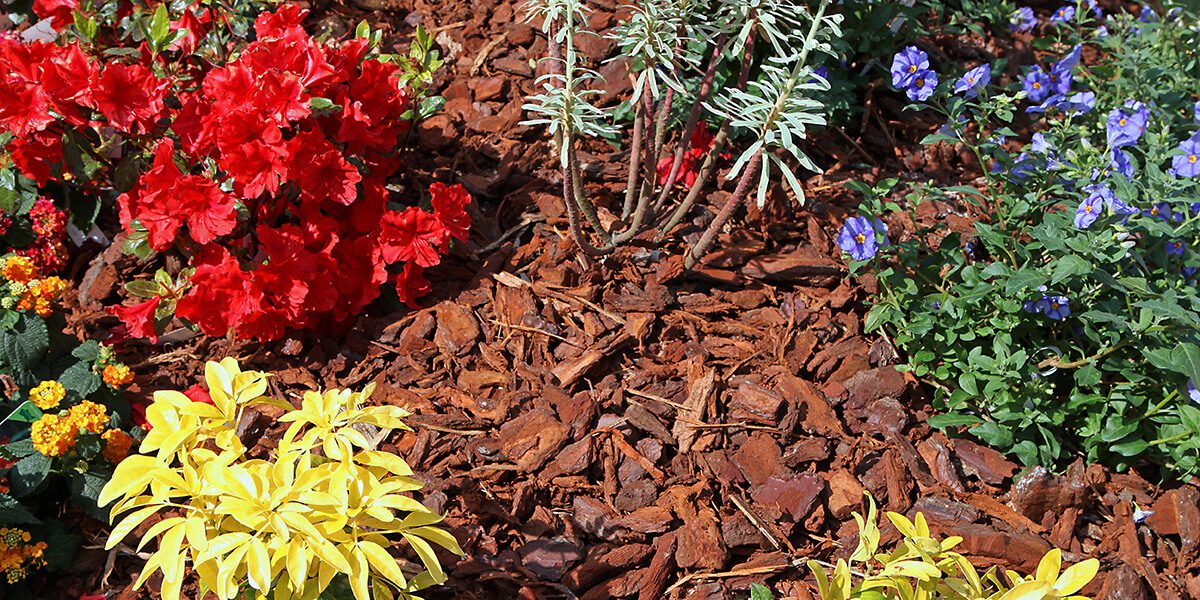
Mulch Your Beds
You don’t need to be a gardening expert to benefit from this hack. Even beginners can use it. Rather than leave your soil exposed in between your veggies, simply cover it with a light layer of mulch. How does it help? Exposed soil, and the living microbes in it, are easily cooked by the sun. Plus, bare soil makes the perfect landing spot for weed seeds.
To protect your soil from the elements, and save time weeding, apply a light layer of grass clippings or straw. Protected soil holds more moisture and nourishes the soil microbes, which in turn nourish your vegetables. Note: only apply grass clippings that were grown organically.
Weed Often
Even with a light layer of mulch, you’ll still have to deal with weeds. The more you let them grow, the more work is required to remove them. Rather than letting the weeds establish deep roots, pluck them out of the garden on a regular basis. Removing a few everyday takes almost no time at all. Yet, this daily gardening hack will save you lots of time in the long run, and let your vegetables grow without competitors.
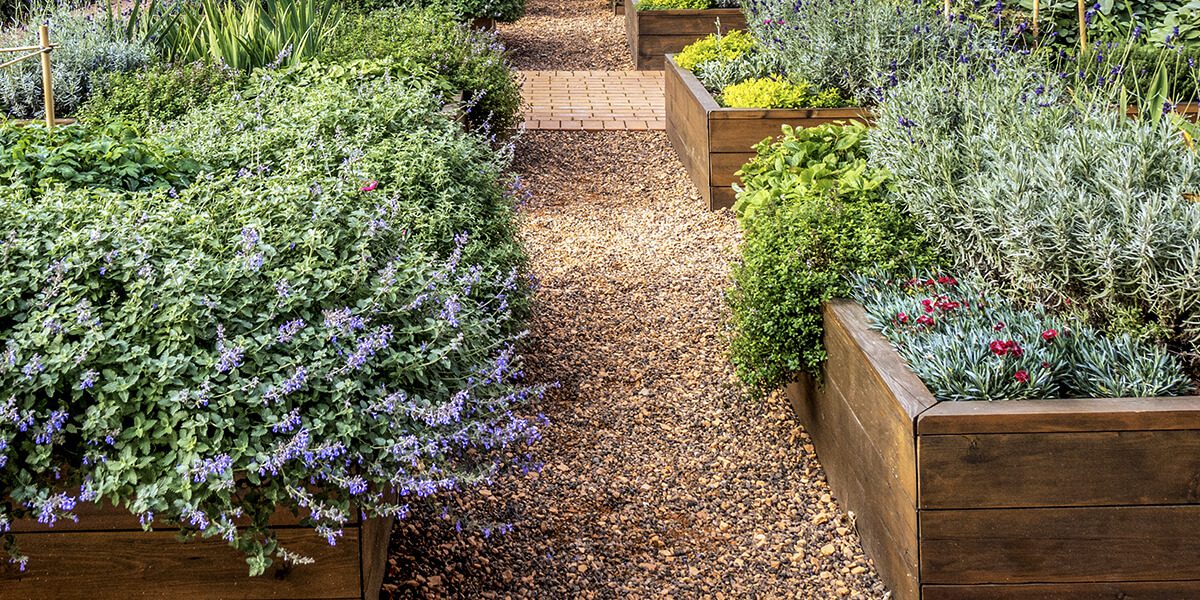
Attract Beneficial Insects with Flowers
Here’s another hack that you’ll find on advanced gardening blogs, but as a beginner, why not benefit from it straight away? Mixing flowers into your vegetable garden encourages beneficial insects to make a home there. You’ll attract pollinators, which are essential to any fruit production, and predatory insects, which keep pests under control. Common predators include ladybugs and lacewings, who love to eat pests like aphids and mites.
Plus, flowers enhance the whole beauty of your veggie plot, making it more attractive to you too. But which flowers should you use? Yarrow, coneflower, tickseed, sunflowers, angelica, marigolds, brown-eyed Susans, and most native flowers are attractive to good bugs. And if you see your herbs or lettuce starting to bolt in the heat, let a few blossom for the pollinators!
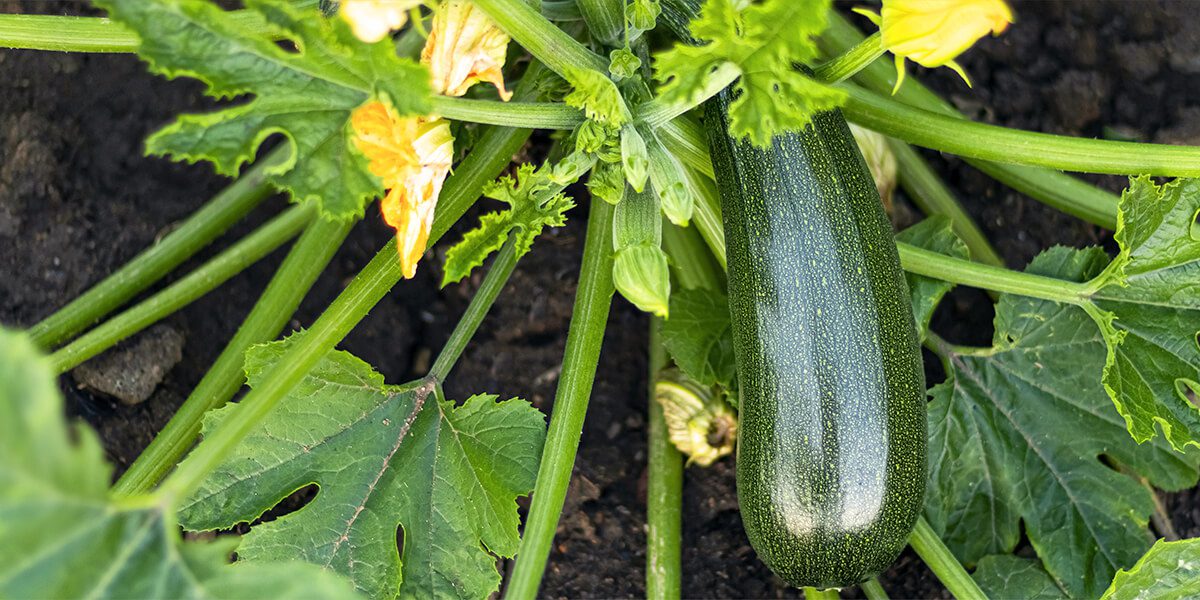
Harvest Your Vegetables When They’re Ready to Harvest
Both for gardening beginners and experts, it’s easy to let the harvest window slip by. After all, if you have vegetables producing for you, then you’ve succeeded. So what’s the rush to harvest them? The truth is that spinach tastes sweet and tender when it’s young, and gets tough and bitter when it’s too big. Radishes and peas are sweet at just the right time, and quickly turn woody. Young zucchini are almost as succulent as a cucumber, but start to hollow out and firm up when they grow too large.
In short, most vegetables have a window when their produce tastes the best. Take advantage of it. And if you can’t eat it all, it’s better to share the abundance with your neighbors then let your veggies turn bitter in the garden.
You don’t need to be a gardening expert to enjoy a biodiverse, thriving, and beautiful garden. Novices, amatures, beginners, or anyone starting out can use these simple hacks. They’ll produce a garden that’s more resistant against pests, has better soil, is easier to maintain, and ultimately yields a tastier harvest!
For more vegetable gardening tips, keep following our beginner gardening series, and please visit our garden centers in Chicagoland for supplies or further advice!
Platt Hill Nursery is Chicago’s premier garden center and nursery.

